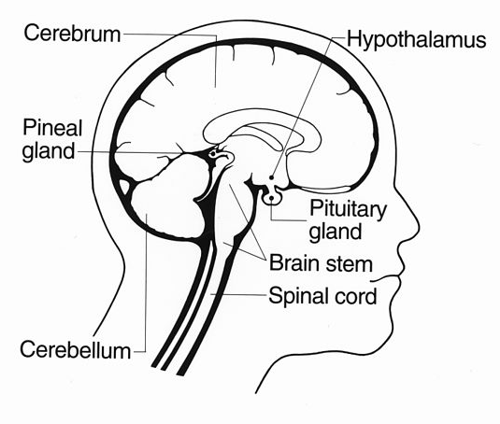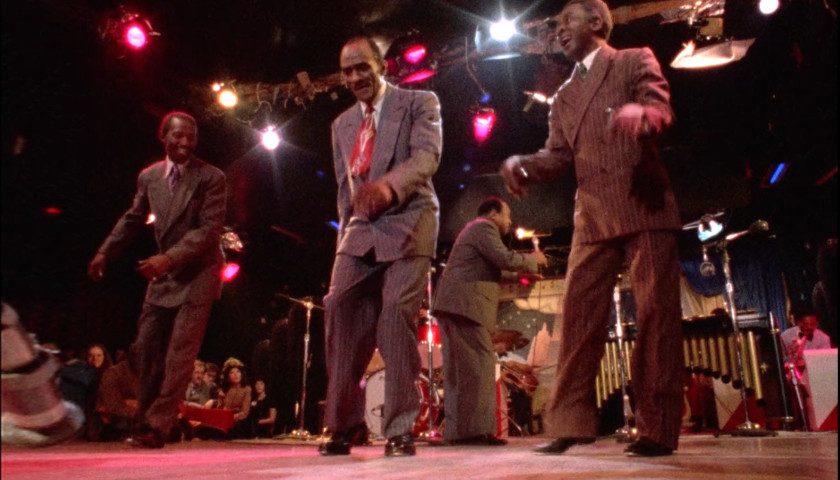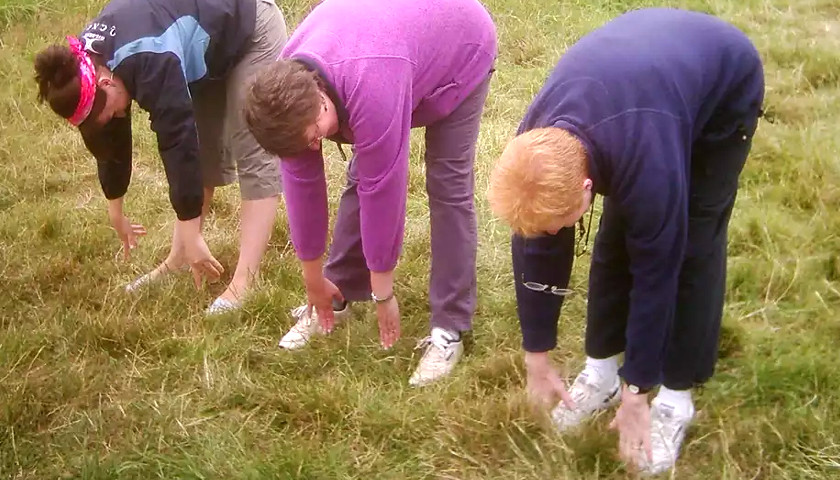In my debut piece last week, I Made It Back to Good Health, I discussed the long, hard, but ultimately satisfying road I traveled to become more fit today, in my mid-50’s, than I was twenty years ago, and along the way became a knowledgeable fitness professional. The article primarily dealt with my uphill journey overcoming injuries and surgeries.
In today’s column, I want to talk about about the nutrition side. Many experts have said it is at least 75% of the game, when it comes to losing weight and body fat. I concur.
I have spent thousands of hours studying and implementing many “diets” over the years, putting in a ton of reading, including the most cutting edge information in the fitness industry, in the quest for more mental and physical energy, a clean and efficient body, more muscle, and less fat.
Let me save you a lot of time and trouble: the best diet book, written, or video program does not exist.
“What? Come on!” you say. “There are some great diet books and programs out there – amazing breakthroughs!”
Yes, that’s true. Science has come a long way. And there are some great diets out there. But I can tell you, in every diet book or publication I’ve read, I had to make adjustments to make them work for me.
I have seen some great diets on paper, that upon implementation did not work so great. Let me give you some examples:

The best diet book I’ve ever seen is the Bible. The book of Genesis lays out the original diet:
And God said, Behold, I have given you every herb bearing seed, which is upon the face of all the earth, and every tree, in the which is the fruit of a tree yielding seed; to you it shall be for meat.
— Genesis 1:29 KJV
This is, theoretically, an excellent diet (it’s vegan), but realize that when God created it, the whole of mankind (Adam and Eve at the time) were living in a garden, and apparently not doing any manual labor outside of gardening.
I vividly remember one day many years ago. It was cold – likely much colder than the “Garden,” by the way – and I was doing heavy labor (loading logs into the bed of a pickup truck) to pay the bills. I’d brought some sunflower seeds, fruit, and other raw vegan fare to the job site. But it just wasn’t doing the trick. I felt too weak to handle the rigors of the job. So for lunch I took a trip to Jack in the Box and ordered four hamburgers. I came back from lunch feeling renewed, and that afternoon had little trouble getting the firewood into the truck.

I distinctly remember another time. I’d gone without any animal products for about a week, and was feeling weak. Finally I couldn’t take it anymore. I ate a can of tuna fish. Almost immediately, I felt a throbbing in the middle of my forehead – life was coming back through my pineal gland!
I can remember other times I spent away from meat, one was for a ten-day period. During that period, I increasingly noticed an irritation between my eyes and a depressive feeling. When I ate meat the condition began to subside. Perhaps I was missing key nutrients. The German government has a point of view on the subject, and recently warned of the dangers of a vegan diet. The government questioned the amount of vitamins B-12 and D, as well as calcium, iron an zinc.
My point here is not to disparage veganism. I have read about many people who have apparently successfully adopted it, though supplementing their diets has often been a necessity. I can name elements in other diets that my body wouldn’t tolerate, such as much dairy or sugar.
The next we pick up the story of food in the Bible, God has kicked Adam and Eve out of the Garden, He floods the earth, Noah finds dry ground, and proceeds to get drunk on some wine. Circumstances have changed from the Garden!
In the book of Leviticus, God goes on the record, allowing the eating of meat, and lays out some specific rules for doing so (Kosher laws):
Whatsoever parteth the hoof, and is clovenfooted, and cheweth the cud, among the beasts, that shall ye eat.
–Leviticus 11:3 KJV
There are certainly a number of health benefits to eating kosher.
Personally I believe that the Kosher laws present about the best diet there is – at least on paper. There are many references in the Bible to a “land flowing with milk and honey” – a great word picture, and perhaps not to be taken literally, yet my body – as I mentioned – does not digest either too well.
And wine is hailed as the great elixir in both the Old and New Testaments. Even the great apostle Paul recommended it to his young friend Timothy:
Drink no longer water, but use a little wine for thy stomach’s sake and thine often infirmities.
–1 Timothy 5:33 KJV
On paper, “using a little wine” sounds like it has a number of health benefits, and studies back up its value. Yet I’ve never personally had too much success with wine. I don’t sleep well with it, and it sometimes causes my skin to break out.
I’ve read about and tried plenty of elixirs over the years, including the famous raw apple cider vinegar, made famous by the late, great Paul Bragg. Yet whatever health benefits the vinegar may have, it, too bothers my skin.
I have read books and seen programs that promote up to 80% carbohydrate intake, and those that promote almost as high a percentage of fat. I’ve read recommendations of protein intake from as low as 15% up to 40%.
Beyond differences in our body’s many complex systems, there are many differences in our lifestyles, challenges, and goals. For instance, it’s pretty obvious that a marathon runner and a bodybuilder will have different dietary needs.
There’s an old saying – “One man’s meat is another man’s poison.” I believe there’s a lot of truth in this. In my experience, I have found that no externally recommended diet was perfect for me – though there are certainly commonalities in many good diets (such as sufficient water intake, limited refined carbohydrates, etc.), and some excellent nutrition programs.
Great nutrition is a critical component of any health and fitness program. When we take on a new client, the first thing we do is look at the uniqueness of the individual when we work on a clients’ nutrition, looking at their experience, challenges, lifestyle, and fitness goals. In the world of weight loss, fat loss, and body sculpting, some diets work better than others. But what works for you is the best diet of all.
Be sure to send me your questions regarding health and fitness, and I will do my best to answer them in future columns.
– – –
Patrick Rooney is the Founder and President of GREEK PHYSIQUE™, LLC, which specializes in functional body sculpting for men and women in Middle Tennessee and worldwide via phone and Skype. Patrick is Certified through the National Association of Fitness Certification (NAFC). Email questions to [email protected].






This is great! Of course it doesn’t exist, if it did things would be entirely different. I find I have to take something from all the diet books I read and put it into used based on me and only me. Somethings work, some don’t. I am currently reading The New Turbo Protein Diet by Dr. Markert, http://www.goodreads.com/DrMarkert. I have found that he is very against the “yoyo” diets and I fall easy into those traps, so I am taking his book to heart, literally as those fast loss diets are not healthy at all!
Thanks for your comment, Matt. Yes, sustainability is the key. It’s got to work over the long haul. Much safer that way too. I wish you the best in your quest for the right “diet” (nutrition plan) for YOU.
[…] is my second column with the Tennessee Star, as a Contributor. It reflects the years of study and practice trying many diets–from vegan […]